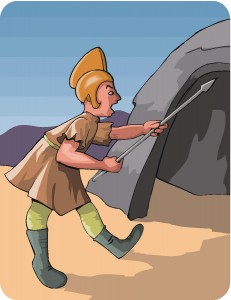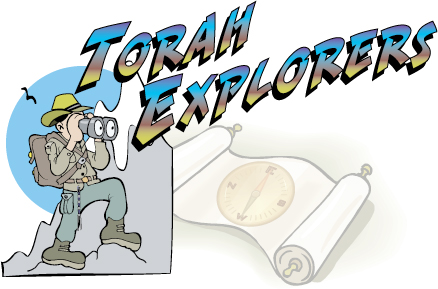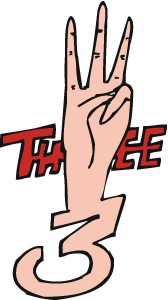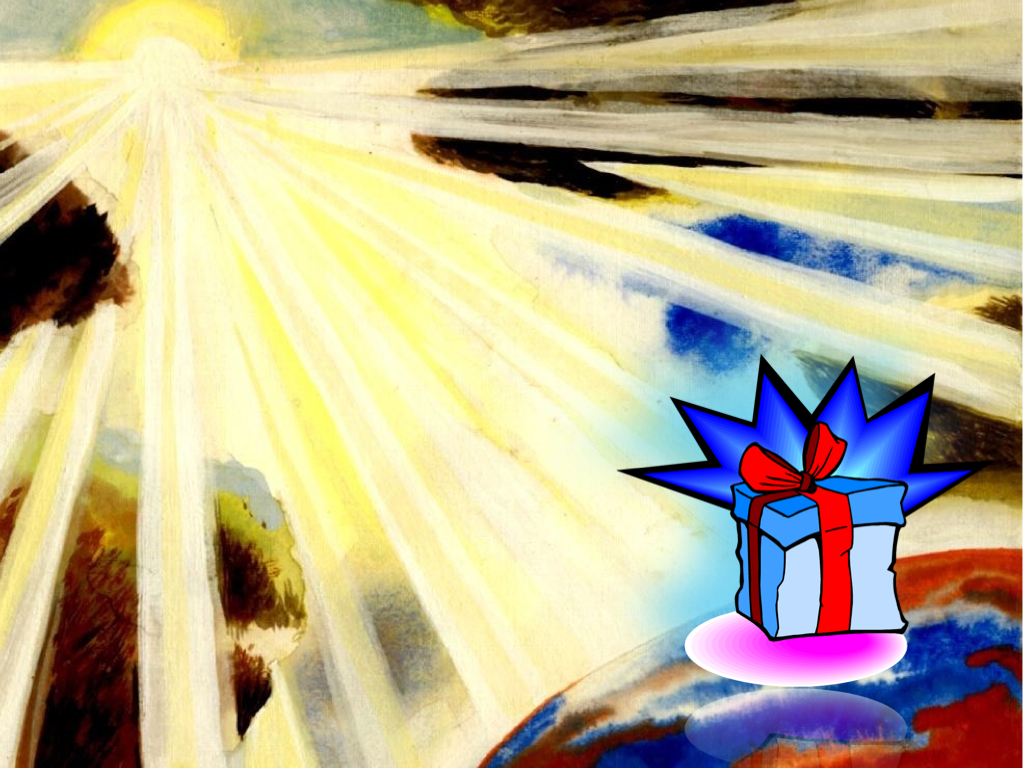What is Salvation?
The dictionary defines the word salvation as “the deliverance from the power and effects of sin.” In a general sense, salvation is “preservation from harm, ruin or loss.” Relating the first definition, which is biblical in nature, to the second definition, which is generic in nature, we see that salvation is the deliverance or preservation from the power of sin, which causes harm, ruin or loss. Salvation and redemption are synonymous terms in biblical Hebraic thought. We will discuss the idea of redemption below.
So what is sin that it causes harm, ruin or loss, and what is being harmed or being lost such that we need deliverance? Very simply, Scripture (the Bible) defines sin as the violation of YHVH Elohim’s (the LORD God’s) Torah-laws (1 John 3:4). What is YHVH Elohim’s Torah-law? It is the instructions, precepts or teaching of YHVH as found in the first five books of the Bible, which can then be expanded to include the entire Bible or Word of YHVH. Man is commanded to live by every word found in Scripture (Deut 8:3; Matt 4:4). Man is to hear and do the Words of YHVH (Deut 6:4), place YHVH’s words in his heart (Deut 6:6), teach them to his children (Deut 6:7), and to make them the basis for all that he does and thinks (Deut 6:8). The words or laws of YHVH Elohim can be summed up as loving YHVH and loving one’s neighbor (Deut 6:5; Lev 19:18; Mark 12:30; John 14:15). The cornerstone of those laws is found in the well-known ten commandments as found in Exodus 20. They are…
- I am YHVH your Elohim.
- You shall have no other gods before me.
- You shall not take my name in vain.
- Remember the Sabbath day to keep it set-apart.
- Honor you father and mother.
- You shall not murder.
- You shall not commit adultery
- You shall not steal.
- You shall not lie.
- You shall not covet your that which belongs to your neighbor.
The first five statements constitute loving YHVH Elohim, while the last five constitute loving one’s fellow man. These ten statements are but the beginning of YHVH’s laws as outlined in Scripture, which if man break, man is guilty of sin. There are 613 such laws in the Tanakh (Old Testament) and more than 1050 in the Testimony of Yeshua (New Testament). This may seem like a lot of laws for man to have to follow, but in reality, it is nothing compared to the hundreds of law books that constitute the laws of most nations on earth. Whole law libraries are established to contain them all!
As civil governments have established laws to maintain order among the inhabitants of a society, and as all societies impose penalties upon its citizens for breaking those laws, the Continue reading






